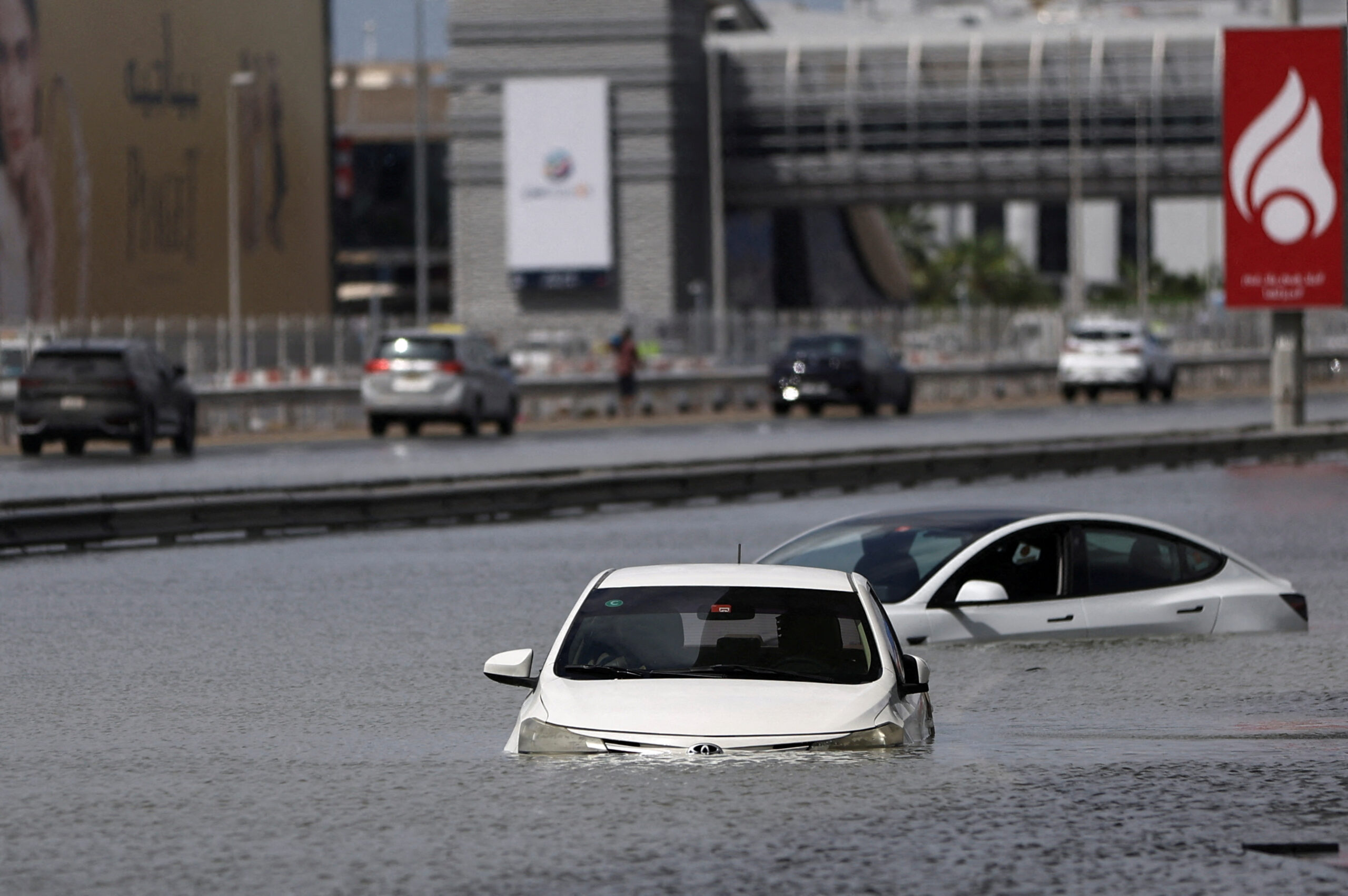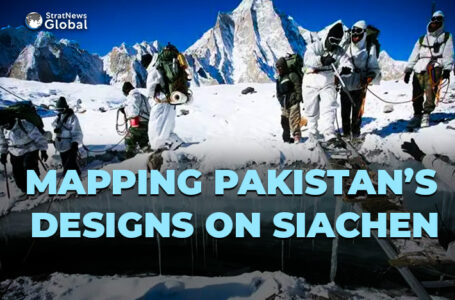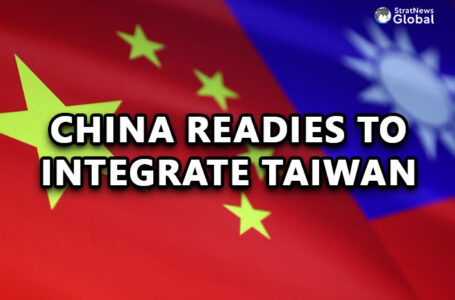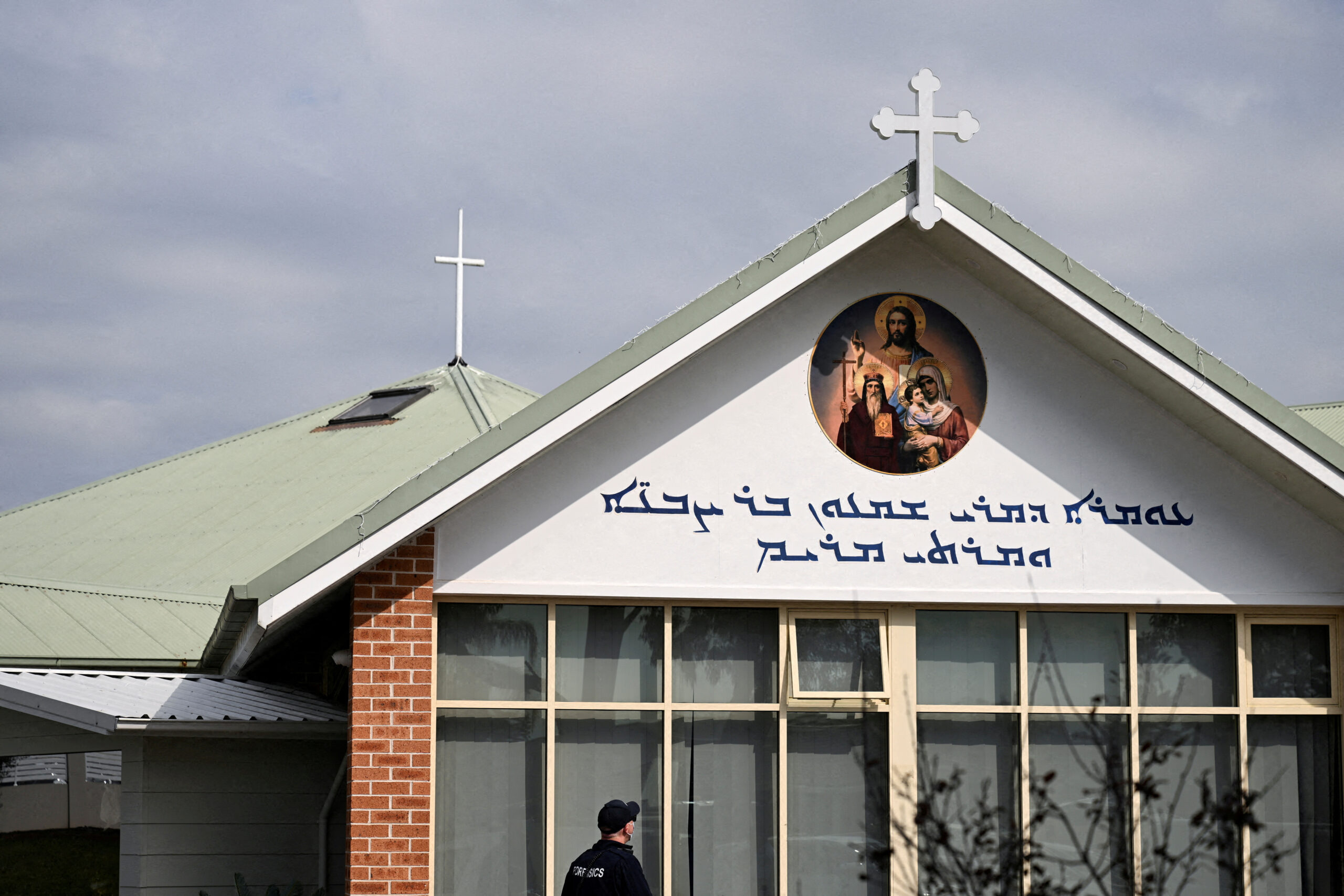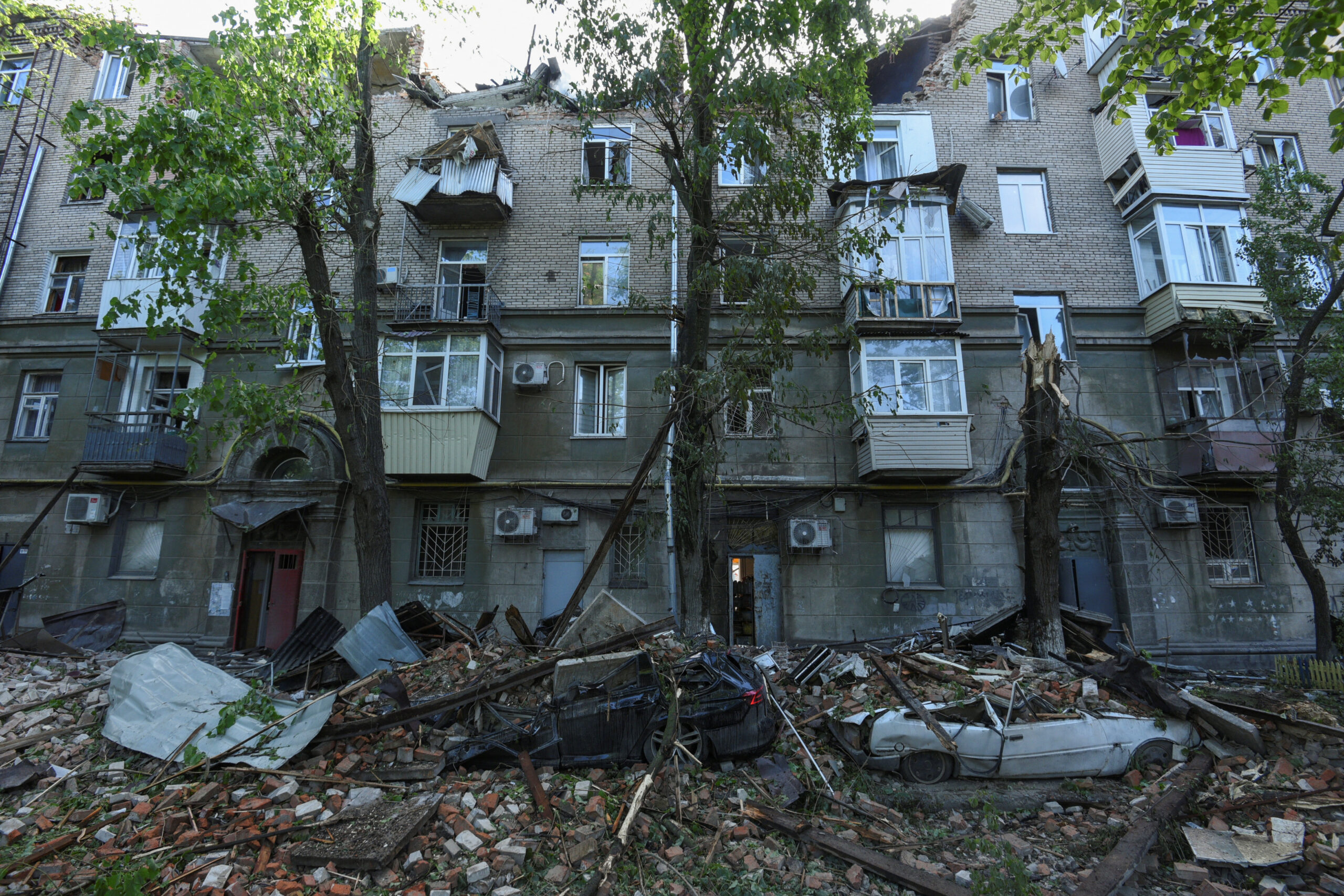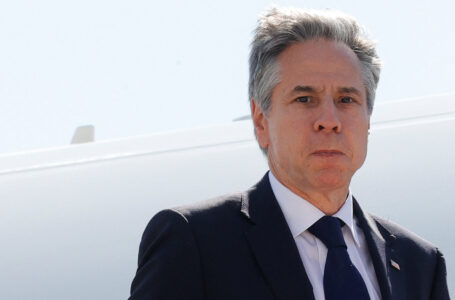X To Challenge Australia Order to Remove Sydney Church Stabb...
India’s Challenges In Navigating Fossil Fuel Price Volatility & Transitioning To Clean Energy
NEW DELHI: An excerpt from ‘The Gist‘ with Vikram Singh Mehta, Chairman & Distinguished Fellow at the Centre for Social and Economic Progress (CSEP), Editor, ‘The Next Stop: Natural Gas and India’s Journey to a Clean Energy Future’ and Former Chairman of the Shell Group of Companies In India with StratNews Global Associate Editor Amitabh P. Revi.
Watch the complete conversation here: https://www.youtube.com/watch?v=LCLBMSsgstI&t=623s
TRANSCRIPT:
APR: Do you agree with some analysts who are saying that it’s not just a new world order because of what Russia has been doing, it’s a new world energy order. Look at the Saudis, who are American allies, but MBS is more with Putin in terms of oil. Venezuela and Iran, who the US had imposed sanctions on, but now may want their oil. The EU is heavily dependent on Russia, there is the China-Russia partnership and India is looking for various options. Is there a new energy order that is being shaped here?
VSM: Without a shadow of doubt. You have explained it in fact, in your question. You’ve provided the contours of that new energy order. To elaborate a little bit on that: the China Russia embrace, we’ve already talked about, the U.S. emerging as the largest oil producer in the world is the second factor. It will soon become the largest LNG exporter in the world. Saudi Arabia and the Gulf countries are emerging as the only countries which have spare, low cost crude oil capacity. They remain the kind of swing players in the energy, oil and gas market. Then you have the geopolitics of New Energy. The geopolitics of fossil fuel, which we are all familiar with, is now going to be superimposed with the geopolitics of New Energy, where China, Congo, Russia, and some countries in South America are going to hold the critical ingredients required to make the transition from fossil fuels to clean energy. So these are again, countries that don’t necessarily fall neatly into the so-called democratic, liberal frame that makes at least some people comfortable. These are countries that are also run by individuals, who have strong autocratic authority over the country. So here again, India has to navigate the geopolitics of fossil fuels and the geopolitics of clean energy. India is particularly vulnerable, because among all the countries we’ve talked about, it’s one of the very few that are import dependent and do not have the strategic reserves or the storage facility to manage the unexpected. If we wrap up, India now has to focus to overcome this vulnerability. It has to create resources within the country that allows it to manage the volatility of the fossil fuel and the clean energy market. That’s the real challenge that we’re going to face and so yes, it’s a totally new energy order.






